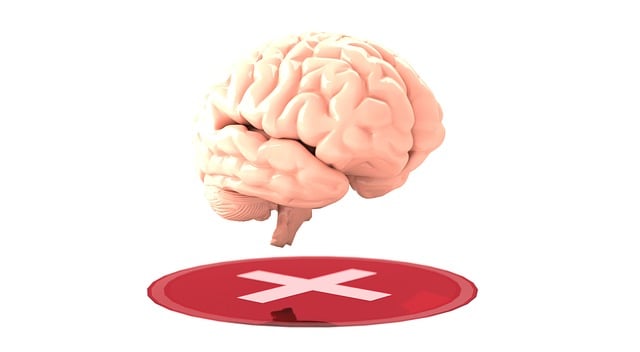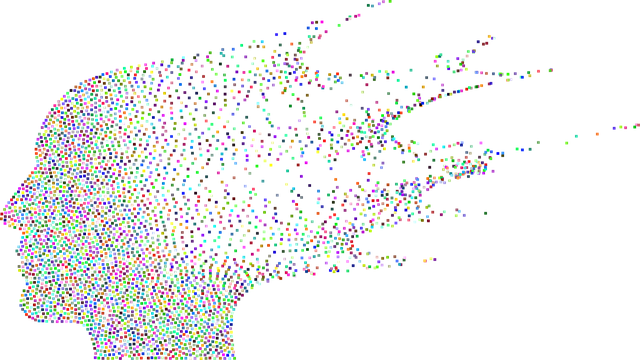Trauma from incidents like abuse or violence can have lasting effects on mental health, emphasizing the need for specialized services in communities like Northglenn. Northglenn Codependency Therapy (NCT) offers a unique approach to trauma recovery by addressing codependent relationships and promoting holistic healing—mind, body, and spirit—aligned with Mind Over Matter principles. NCT facilitates positive thinking, self-care, and emotional navigation through personalized care, empowering individuals to break harmful cycles and recover their well-being. Implementing trauma-informed care, including risk assessment tools and cultural competency training, ensures high-quality, sensitive support for clients, fostering security and trust in the healing process.
Trauma can profoundly affect individuals, shaping their emotional and psychological landscapes. Understanding trauma’s impact is crucial for providing effective support. This article explores key aspects of trauma care, focusing on the role of Northglenn Codependency Therapy (NCT) as a specialized service. We’ll discuss how NCT navigates the complex needs of trauma survivors, offering a safe space for healing. Additionally, we’ll delve into trauma-informed care practices, emphasizing their importance in fostering holistic well-being and recovery.
- Understanding Trauma and Its Impact on Individuals
- The Role of Northglenn Codependency Therapy in Support Services
- Implementing Effective Trauma-Informed Care Practices
Understanding Trauma and Its Impact on Individuals

Trauma is a profound and complex experience that can have lasting effects on individuals’ mental health and well-being. It arises from diverse sources, such as violent incidents, accidents, abuse, or catastrophic events, leaving deep emotional scars. Understanding trauma is paramount in providing effective support, especially in communities like Northglenn where access to specialized services is crucial. Recognizing the signs and impact of trauma is essential for healthcare providers; this involves assessing not just the immediate physical injuries but also the psychological and emotional wounds that often go unnoticed.
Cultural competency training among healthcare providers plays a vital role in ensuring sensitive and effective trauma support. By embracing Mind Over Matter principles, mental health education programs can design interventions tailored to individual needs. This approach respects cultural differences and promotes healing by addressing the whole person—mind, body, and spirit—which is essential for those recovering from traumatic experiences.
The Role of Northglenn Codependency Therapy in Support Services

Northglenn Codependency Therapy plays a pivotal role in trauma support services by addressing the complex dynamics of codependent relationships and their impact on individuals’ healing journeys. This therapeutic approach recognizes that many people affected by trauma often find themselves entangled in unhealthy, codependent bonds, hindering their ability to heal and develop healthy boundaries. By focusing on these interconnections, Northglenn Codependency Therapy offers a unique perspective on trauma recovery.
Through specialized programs and personalized care, the therapy facilitates the development of positive thinking patterns and self-care practices, serving as a powerful tool in depression prevention. It empowers individuals to recognize and break codependent cycles, fostering personal growth and resilience. By encouraging self-awareness and healthy relationship dynamics, this therapy enables clients to navigate their emotional landscapes more effectively, ultimately contributing to their overall well-being and trauma recovery process.
Implementing Effective Trauma-Informed Care Practices

Implementing effective trauma-informed care practices is a critical step toward providing comprehensive support for individuals dealing with traumatic experiences. Northglenn Codependency Therapy, for instance, emphasizes understanding and addressing past traumas to facilitate healing. This approach involves educating healthcare providers on cultural competency and promoting a safe, non-judgmental environment. By integrating these principles, mental health professionals can enhance their ability to connect with clients from diverse backgrounds.
Risk assessment tools play a vital role in identifying individuals at risk of trauma-related issues. Training healthcare providers in cultural competency ensures they are equipped to recognize and respond sensitively to unique cultural perspectives on trauma. Moreover, building confidence among mental health professionals is essential for delivering high-quality care. Through ongoing training and education, practitioners can acquire the skills needed to provide effective trauma-informed support while fostering a sense of security and trust with their clients.
Trauma support services are vital for helping individuals heal and rebuild their lives. By understanding trauma’s profound impact, we can implement effective practices like those offered by Northglenn Codependency Therapy. This approach ensures that care is tailored to meet the unique needs of each person, fostering a safe and supportive environment. Through trauma-informed care, we can revolutionise support services, offering hope and recovery for those who have experienced trauma.












